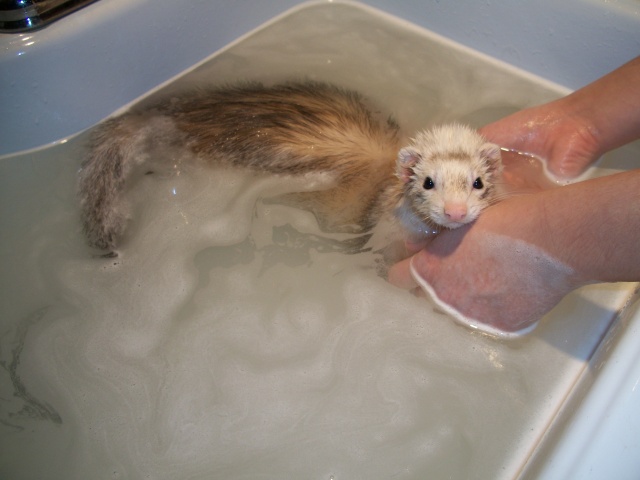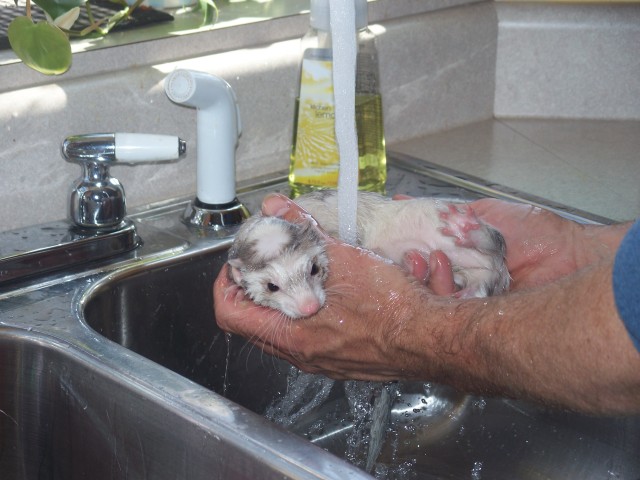
 odd shedding pattern
Questionferret
QUESTION: Hi Jacquie,
I have a q
odd shedding pattern
Questionferret
QUESTION: Hi Jacquie,
I have a q
 Just some basic help questions
Question
Benny!
Hi!
My ferret Benito (we just call him
Just some basic help questions
Question
Benny!
Hi!
My ferret Benito (we just call him
 Ferret colors
Question
Mitch
Hello Cindy!
I have just adopted a new
Ferret colors
Question
Mitch
Hello Cindy!
I have just adopted a new
 New ferret
Question
Franko the ferret
Hello,
I just boug
New ferret
Question
Franko the ferret
Hello,
I just boug
 Concerns with Molly
Question
Molly when we firat go
Hello, I have a girl fe
Concerns with Molly
Question
Molly when we firat go
Hello, I have a girl fe
Copyright © 2005-2016 Pet Information All Rights Reserved
Contact us: www162date@outlook.com